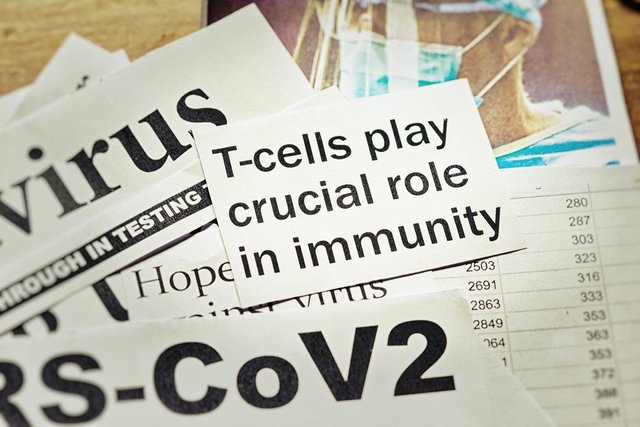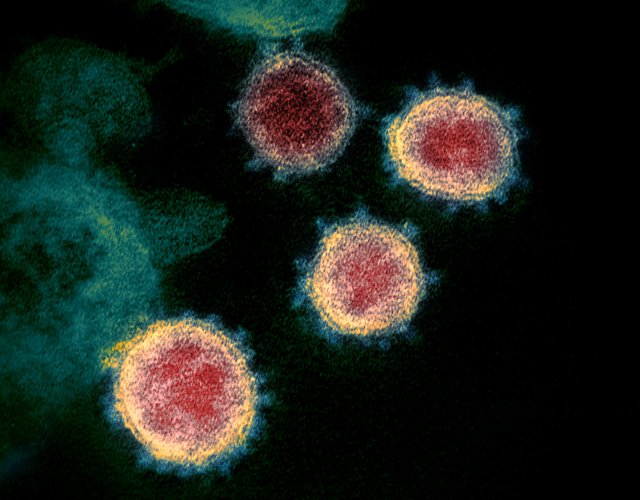Responce to covid-19



situation and working with all necessary partners to ensure the safety and health of all, and our duty stations are ready to take the necessary measures.
This page contains important advice, guidelines, resources and materials on the COVID-19 pandemic for all UN duty stations and offices, staff and families, visitors and UN health care workers, and is updated 24 hours a day / 7 days a week with the latest information.
Corona virus on the United Nations intranet iSeek
The coronavirus page on iSeek (login required) remains the central reference for Secretariat staff to stories, broadcasts and announcements sent by the Department and Medical Services, as well as a gateway to pages created by UN entities in Bangkok, Geneva, Nairobi and Vienna, and to field missions containing specific local information.
Corona viruses are a large family of respiratory viruses, and some cause fewer diseases than others, such as the common cold, and other more severe diseases such as Middle East Respiratory Syndrome and severe acute respiratory syndrome, and some of these viruses are easily transmitted from person to person, unlike other viruses.
The Department of Health Care Administration and Occupational Safety and Health urges the following key preventive measures against the COVID-19 pandemic.
Take steps to prevent illness with respiratory pathogens:
Avoid direct contact with people who have acute respiratory infections such as fever, cough and difficulty breathing.
Do frequent hand washing, especially after direct contact with patients or their environments.
Individuals with symptoms of acute respiratory infection should practice respiratory hygiene/cough etiquette including:
staying home if you are sick;
keep a distance between you and others;
Cover your mouth and nose with a disposable tissue when coughing or sneezing;
Use the nearest waste receptacle to dispose of wipes after use;
Hand sterilization by washing hands with non-antimicrobial soap and water, rubbing hands with alcohol, or washing hands with disinfectants after contact with respiratory secretions and contaminated materials.
Avoid direct, unprotected contact with live or dead farms or wild animals.
When visiting crowded markets in areas currently experiencing cases of the novel coronavirus, avoid direct, unprotected contact with live animals and surfaces in contact with animals;
The consumption of raw or undercooked animal products should be avoided, and raw meat, milk or animal organs should be handled with care, to avoid cross-contamination with undercooked foods, in accordance with good food safety practices.
Preliminary information indicates that the elderly and people with poor health conditions are at increased risk of developing serious illness from this virus